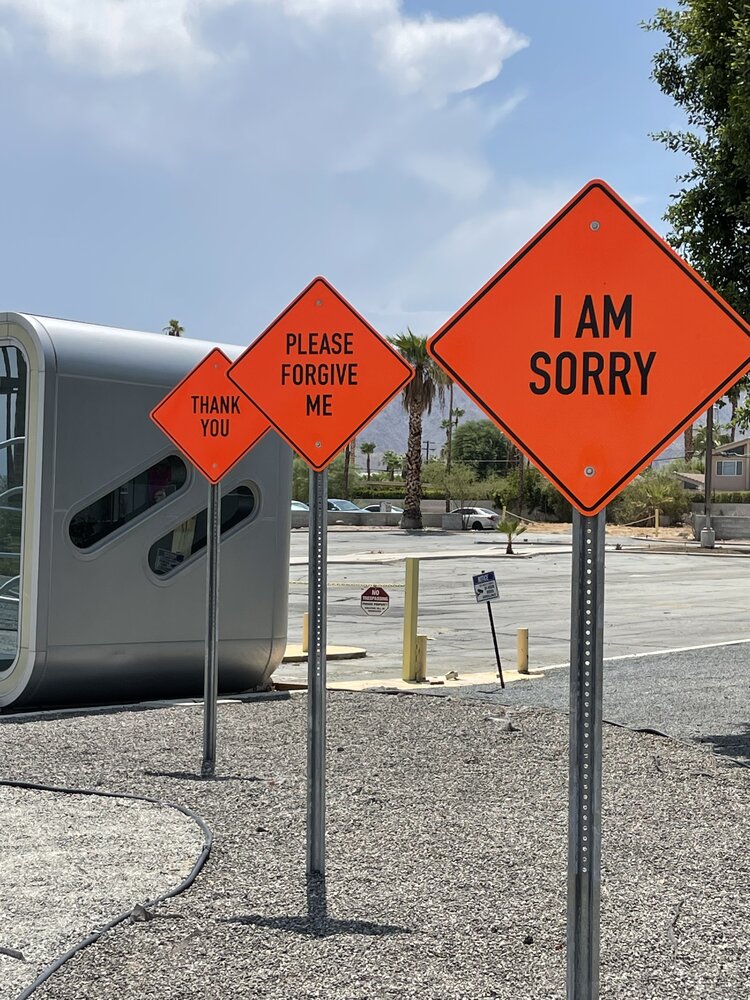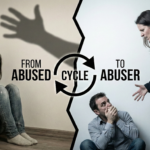In the addiction recovery world, the two words that often are not enough to ease the pain with loved ones are “I’m sorry”. So, why is that? Well, the obvious answer is simple, your loved ones have heard it a million times throughout your active addiction and multiple relapses, and it just doesn’t cut it anymore. But it goes deeper than that, I have found that sorry isn’t the issue, it’s the trauma you caused and failed to acknowledge on loved ones that is the matter. So, what do you do now?
In my Trauma and Addictions group I stress the two emotions that fuel anger and rage. They are shame and guilt. But how does that apply here with I’m sorry? Many scholars in the trauma field discuss secondary or collateral trauma. This is when you are traumatized when learning of a loved one’s trauma. However, when it comes to recovery from trauma at the hands of substance abusers, it is a bit different. The impact of your use over days, months, and even years, takes its’ toll on loved ones and they also suffer from distorted beliefs as a result of the trauma. Beliefs that involve what I call the shoulda, coulda, woulda, syndrome I have written about in a previous blog.
My experience with the loved ones of substance abusers has taught me several things. Loved ones often feel they should have done more, or could have intervened sooner, or could have been more attentive, and the list goes on. The point is those unresolved beliefs often lead to guilt and shame which in turn causes them pain which in turn becomes anger at times. So, these combinations of distorted beliefs from both the users and the loved ones at times clash when communicating with each other.
I have seen over and over how clients return home from rehab and are in a much better place and even feel good about their recovery. The problem is when they express their newfound happiness and share it with a loved one who is still feeling the pain caused by the users prior to them entering treatment, the discussion often turns negative. Unfortunately for everyone, it’s not meant to go bad, but sometimes hearing a happy person returning and saying something like “I’m sorry” or “This time it’s going to be different”, just isn’t enough to heal the unresolved pain. They’ve heard it a million times. The irony is they sent their loved ones off to rehab to find happiness, but I guess, too much happiness is kind of rubbing all the pain they caused in their loved one’s faces.
It is a real obstacle and paradox and one very seldom addressed in treatment programs. I spend a lot of time going over and even play acting with clients about changing the language that can turn a happy return to a sudden relapse. I go over how the clients need to recognize and own the pain they caused their loved ones when in their active addictions. It means not just saying “I’m sorry” but finishing the sentence with “I’m sorry for all the pain that I caused you”. This simple addition to the sentence can make the world of difference for your loved ones. It means you have at least acknowledged the pain you caused. Once said, your loved ones now may be able to accept your happy return without feeling a little bitter.
Now, I also make it very clear that you should only say the words if you have truly owned the behaviors. It is not meant as just another manipulation tool. It is meant as a healing tool. If you are not ready to own the trauma you have caused the loved ones around you, should just take a pass.
Mind, Body, Spirit…Balance!
Vinnie Strumolo, CEO, CCO, LMFT






